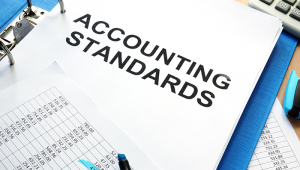A study of 22 highly aid-dependent countries that are supported by the World Bank – the biggest multilateral aid donor – suggested up to a sixth of aid finds its way to places such as Switzerland.
“Aid disbursements to highly aid-dependent countries coincide with sharp increases in bank deposits in offshore financial centres known for bank secrecy and private wealth management, but not in other financial centres,” the paper found.
The average ‘leakage rate’ of aid was identified as being about 7.5%, which tends to increase in countries where aid makes up a higher percentage of GDP.
“In a quarter where a country receives aid equivalent to 1% of GDP, its deposits in havens increase by 3.4% relative to a country receiving no aid; by contrast, there is no increase in deposits held in non-havens,” the report found, concluding that “while other interpretations are possible, these findings are suggestive of aid diversion to private accounts in havens”.
These offshore accounts are overwhelmingly held by economic elites – many of the world’s poorest do not even have domestic bank accounts – so the researchers suggested that ruling politicians and bureaucrats being responsible is a “salient and plausible” explanation.
It is not known whether the money transferred is directly diverted from aid funds, or whether it comes from other public funds ‘freed up’ by aid.
The World Bank was swift to stress that the paper “is explicitly a work in progress”, but agreed that it “serves as a reminder of the fiduciary and corruption risks for aid providers” who operate in developing countries.
In a statement, the institution said it has “robust controls in place to ensure that the funds disbursed to client countries are used for their intended purposes”, and outlined some of its work fighting corruption and strengthening public institutions around the world.













